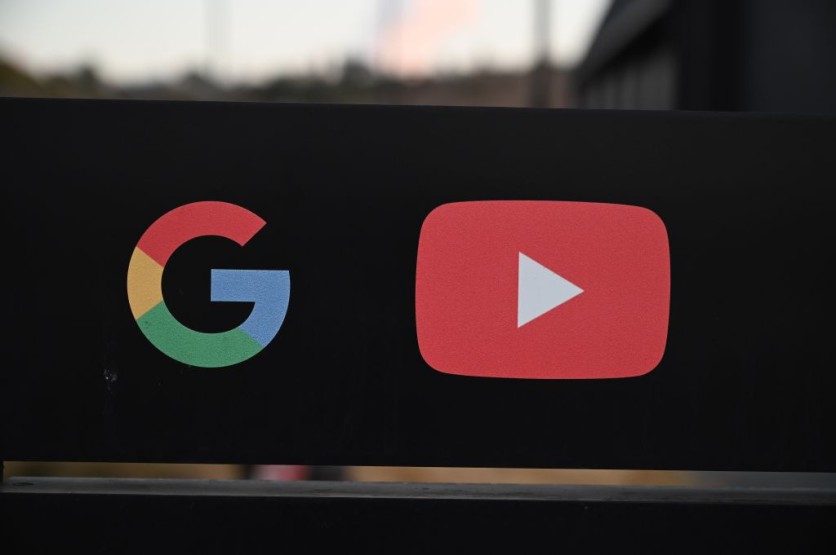Concerns about YouTube's methods involving targeted advertising directed at children have been raised by the ad quality transparency platform Adalytics, which has reignited discussions about compliance with privacy and child safety legislation.
The findings raise questions about the platform's compliance with these rules by claiming that almost 100 "made for kids" films were linked to adverts that could have broken child safety laws.

Dangerous Content for Kids
Analysis of several adult-targeted advertisements revealed that some of the content, such as TV-MA episodes and vehicle accidents, was inappropriate for young viewers. It is alarming that the targeted audience and the actual content don't match up.
This is especially true given the impressionable minds who visit YouTube. The material is inappropriate for young viewers.
According to research, websites that were connected to these advertisements sent cookies to users' devices, possibly taking advantage of their online actions. Ads on YouTube's kid-friendly material are not allowed to use third-party trackers or gather personal information according to Google's regulations.
The research was deemed "deeply flawed" by Google's Vice President of Global Ads, Dan Taylor, who also said that third-party trackers are not permitted in adverts on kid-friendly material and defended the company's adherence to these guidelines.
Read also: YouTube Spam Comments: 'Increase Strictness' Beta to Bring Better Content Moderation in Platform
The Government's Concern
Senator Ed Markey and Marsha Blackburn have written a joint letter to the Federal Trade Commission (FTC) Chair, Lina Khan, urging the FTC to investigate claims made by Adalytics.
The letter suggests that Google and YouTube may have violated the Children's Online Privacy Protection Act (COPPA) and a 2019 FTC consent decree, which mandates online platforms to obtain parental consent before collecting data from users under 13. This potential privacy breach underscores the significance of the issue.
Effects on the Advertising Industry
Due to suspicions that the site may not effectively shield its youthful audience from hazardous content, major advertising companies, like IPG Mediabrands, are temporarily banning YouTube advertising, raising questions about the affiliation of their brands with the platform.
Adalytics claims that Google and YouTube mislead marketers regarding the placement of video ads, which has brought their advertising practices under fire.
Google denied this claim, despite the fact that some customers received refunds. Trust between the platforms and advertisers is increasingly deteriorating since the veracity of these accusations is still in question.

![Apple Watch Series 10 [GPS 42mm]](https://d.techtimes.com/en/full/453899/apple-watch-series-10-gps-42mm.jpg?w=184&h=103&f=9fb3c2ea2db928c663d1d2eadbcb3e52)



